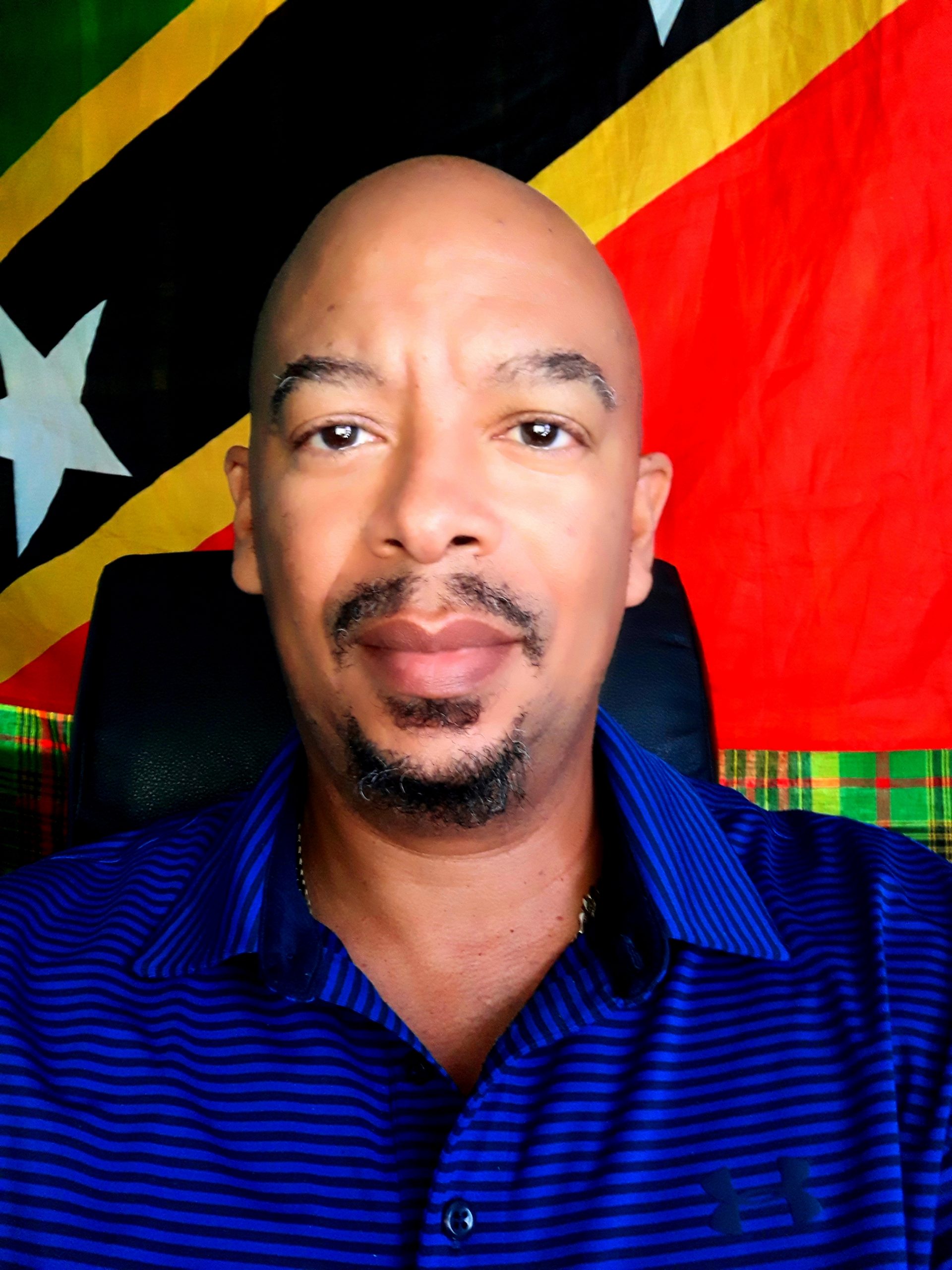NCDF’s Patrick Howell heads UNESCO-funded Intangible Cultural Heritage project on Nevis

NIA CHARLESTOWN NEVIS (December 04, 2020) — Mr. Patrick Howell, Manager of the Research and Document Unit at the Nevis Cultural Development Foundation (NCDF) since 2015, is the new Focal Point for the Intangible Cultural Heritage (ICH) project on Nevis. It is funded with a grant from UNESCO (United Nations Educational, Scientific and Cultural Organization).
Mr. Howell told the Department of Information in an invited comment on December 03, 2020, that his new engagement announced by the NCDF in a press release on December 03, 2020, would be complimenting the work he is already engaged in at the Foundation.
“The lead focal point and the St. Kitts focal point is Marlene Phillips, so that will make me second focal point, and I will be handling the Nevis side of things.
“The bulk of the things I research, document and produce and display is displayed on the Nevisian Culture Facebook page and the Nevis Cultural Development Foundation’s Facebook page, and I also manage both pages for the Foundation. We have three teams in the field currently and these will expand. They are currently headed by Ras IRoy; Pam Barry; and Ella Hughes,” he said.
Mr. Howell noted that the teams are engaged in the pilot programme with the elements “Nevis Clay Pottery”, “Prickly Pear Cactus” and “Vernacular Houses”. On completion they will expand into wider areas of indigenous Nevisian Cultural Heritage.
The NCDF stated that the teams will be seen in the communities conducting interviews and researching while fostering partnerships. They used the opportunity to wish Mr. Howell success in the venture as they preserve and cultivate the island’s intangible cultural heritage.
According to UNESCO, cultural heritage does not end at monuments and collections of objects. “It also includes traditions or living expressions inherited from our ancestors and passed on to our descendants, such as oral traditions, performing arts, social practices, rituals, festive events, knowledge and practices concerning nature and the universe or the knowledge and skills to produce traditional crafts.
“While fragile, intangible cultural heritage is an important factor in maintaining cultural diversity in the face of growing globalization. An understanding of the intangible cultural heritage of different communities helps with intercultural dialogue, and encourages mutual respect for other ways of life
“The importance of intangible cultural heritage is not the cultural manifestation itself but rather the wealth of knowledge and skills that is transmitted through it from one generation to the next. The social and economic value of this transmission of knowledge is relevant for minority groups and for mainstream social groups within a State, and is as important for developing States as for developed ones,” the organization stated.
The programme was initially spearheaded on Nevis by Ms. Pauline Ngunjiri.
